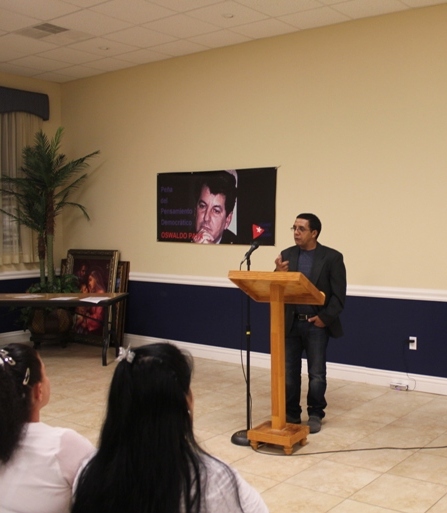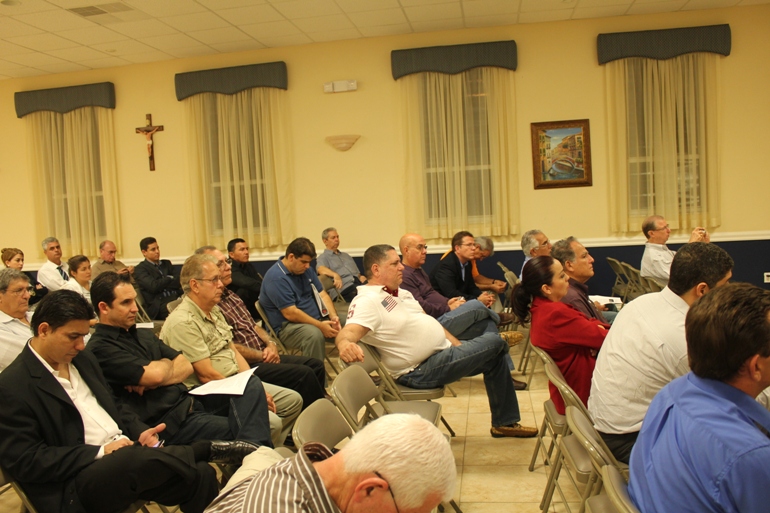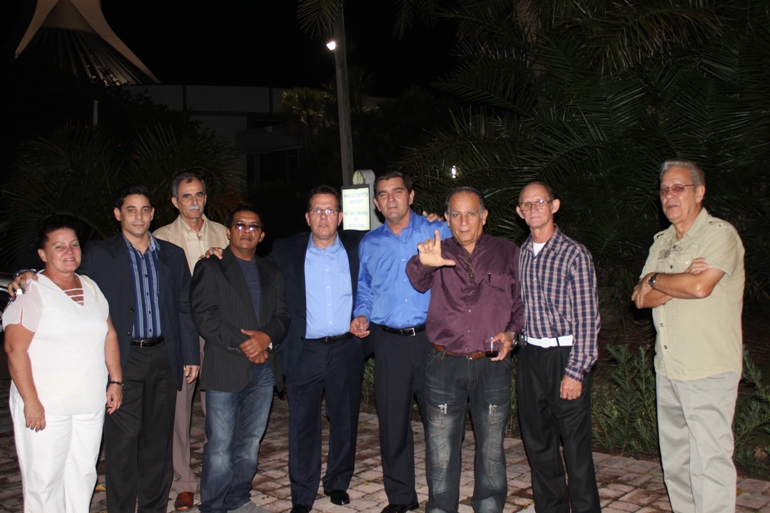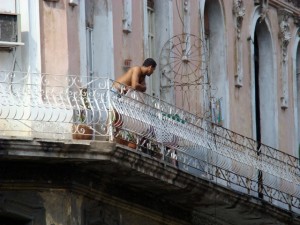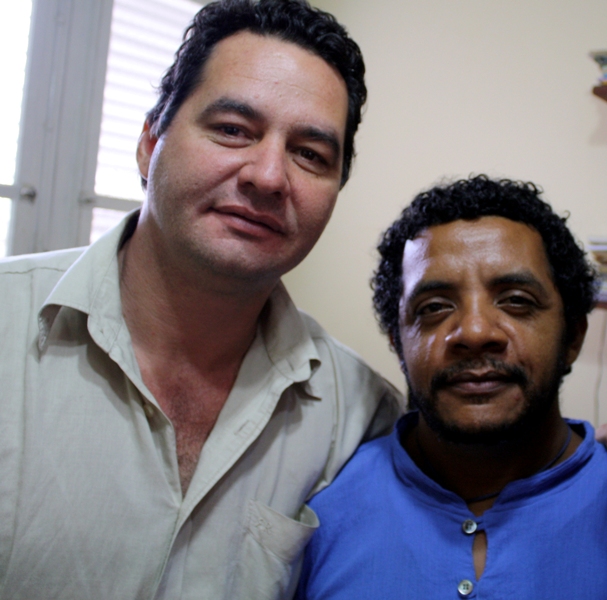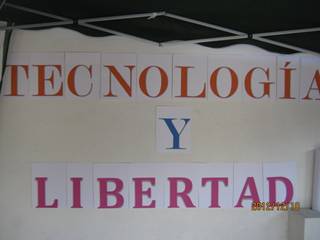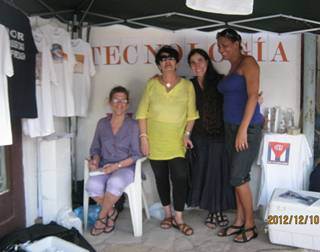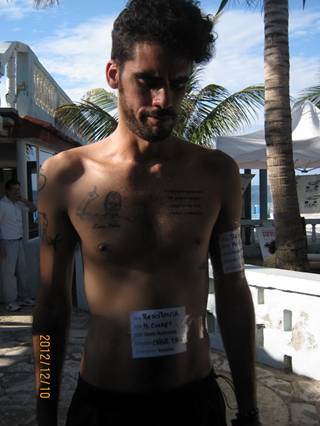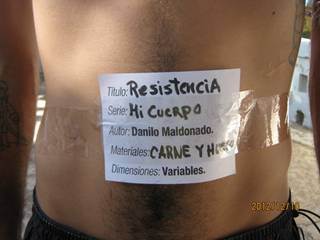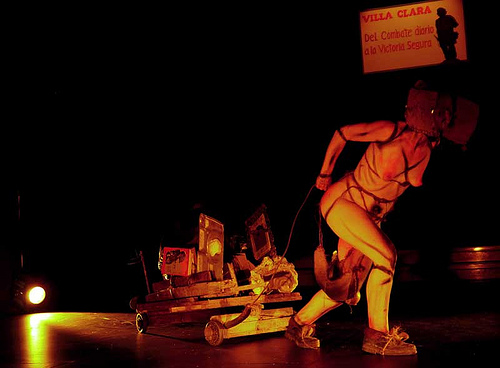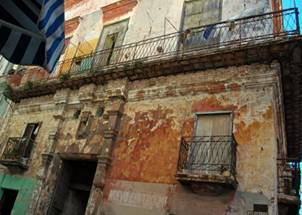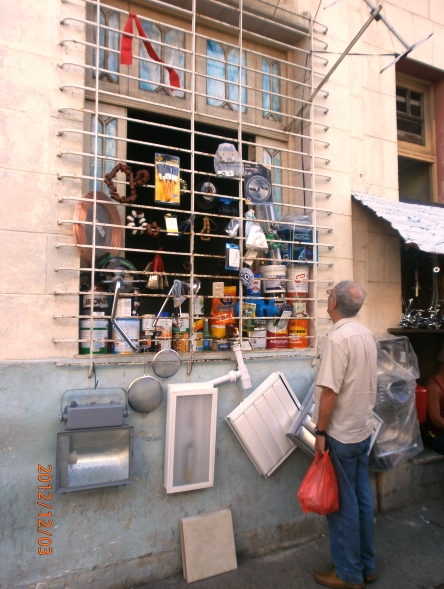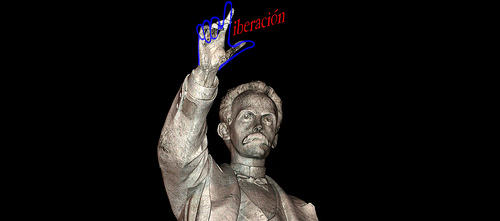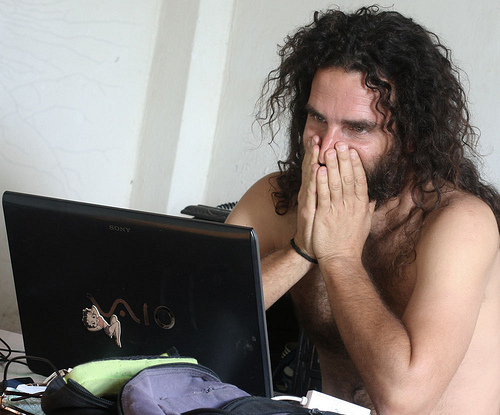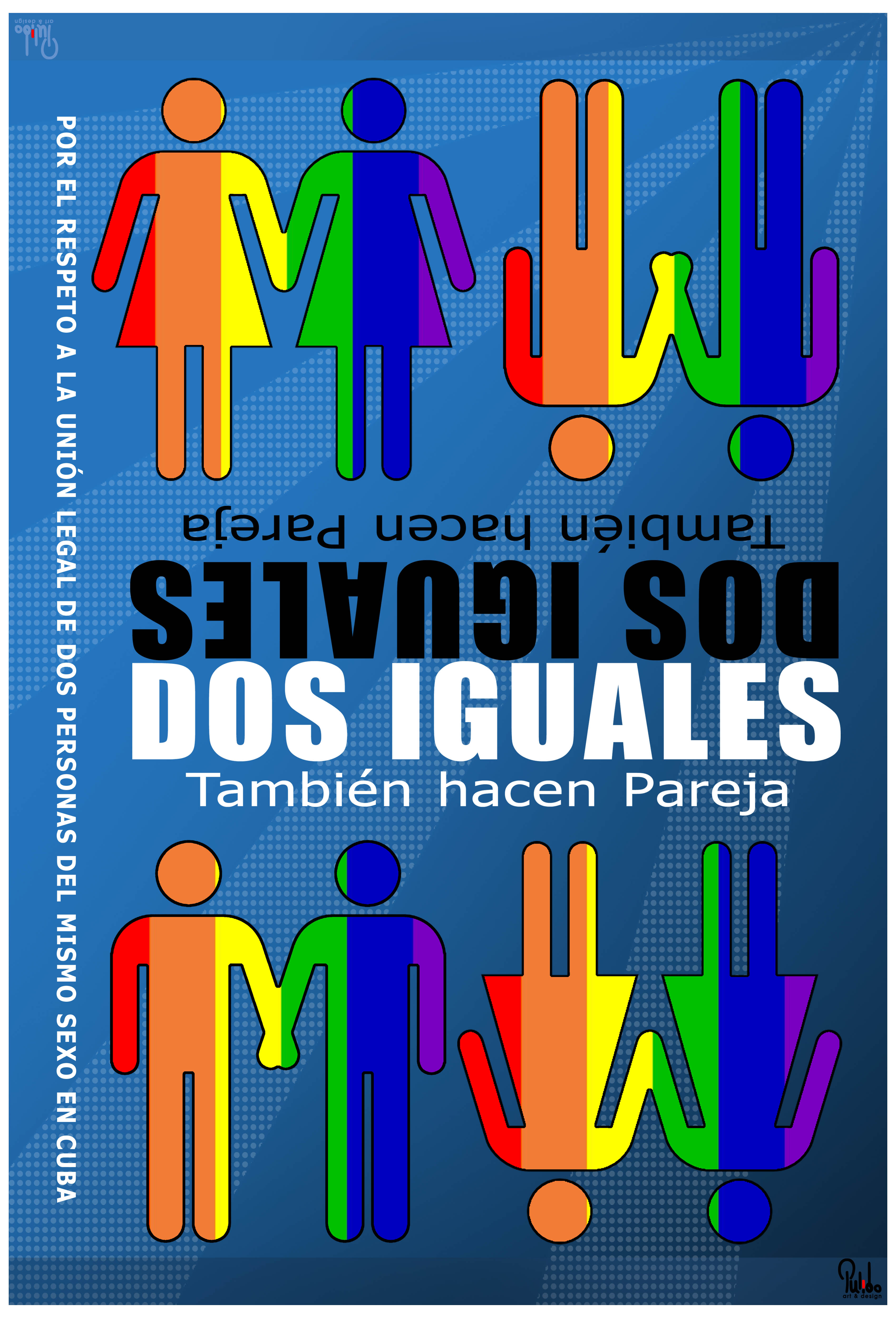 By Lic. E. Javier Hernández
By Lic. E. Javier Hernández
Parallel to our inefficient system of managing the economy, also cracked, flawed and inefficient is the functioning of many of the the organs of the state administration at all levels, validating the principle of “poor economic foundation, poor superstructure above”; the latter linked to the negative performance of management officials and leaders, as well as the little punishment or sanctions when they work badly.
For years there has been a vicious circle with regards to who holds the primary jobs for managing the economy and other sectors of society, based on loyalty, not talent, that has eroded and deteriorated all its actions. In most cases, when they don’t perform their duties they are transferred to another body, perpetuating the mediocrity, inaction and inability to solve problems.
But there is something worse in a number of officials, which are damaging and creating problems, whether in the areas of economics, individual liberties, citizen rights; and it is the impunity for their actions, because there is no legal and moral will in our country for to make mid-level and high officials pay for bad decisions, bad solutions, worst omissions.
The worst, in a State that proclaims rights and equality, are those cases involving people (read their liberties, their property, their opportunities), dodging and avoiding the weight of law and justice, well-defined, at least with regards to written and regulated procedures throughout the whole legal system, including the courts, which apparently give them a pass when it involves senior cadres and leaders of the State, or their family members.
In Cuba, since 199, we have had Decree-Laws 196 and 197 (which provide the legal standard regarding how, when, and why bosses are approved and disapproved), amended in a few by Decree-Act No. 251 of August 1, 2007, primarily by adding sections with regards to the administrative disciplinary violations that have to do with the supposed ambiguities in the Decree when it excludes the liability of directors and officers for negligence, passivity, prevention, in short the so-called “collateral” responsibility for the acts of subordinates.
There is also Article 26 of the Constitution of the Republic of Cuba, “… Any person who suffers damages unjustly caused by state officials or from the performance of the duties of their office, has the right to demand and obtain the corresponding indemnification in the manner established by law… ”
In most cases these people have double responsibility, and double immunity, which leads almost all of them into double passivity, double immobility, double servility, to ensure a corresponding double privilege, although Article 82 of the Constitution states… “The condition of deputy does not entail personal privileges or economic benefits.”
But what happens in practice? As the famous “collateral measures” always work for the company directors or leaders and functionaries of Establishments or Organizing Base Units, as well as the municipal leaders.
In recent cases of corruption in the country, the most famous, from the General Acevedo, foreign firms, Ministers, Deputy Ministers, continuing on through the breaches of the Communist Congresses, we might ask… when will the “top brass” be faulted, those who are the bosses of the bosses for removing or sanctioning them.
But unfortunately I also remember the in the same Cuban Constitution of 1976 ….. Article 83:
“No deputy to the National Assembly of People’s Power may be arrested or criminally prosecuted without the authorization of the Assembly or the Council of State if it is not in session, except in case of flagrante delicto … “
We might hope for true justice in Cuba that all are equal before the law, that our People’s Courts behave impartially and just as citizens hope they would, so that at least in that instance workers, subordinates, the helpless find protection for their rights, their hopes and desires.
October 8 2012
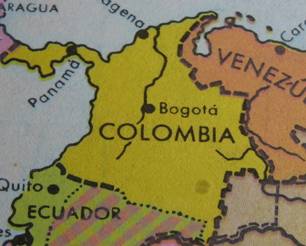 In recent days talks have been taking place in Havana between delegations from the Colombian government and the FARC. This constitutes a positive and necessary step in efforts to find a solution to the violent conflict that for many years has brought bloodshed, death and suffering to the Colombian people.
In recent days talks have been taking place in Havana between delegations from the Colombian government and the FARC. This constitutes a positive and necessary step in efforts to find a solution to the violent conflict that for many years has brought bloodshed, death and suffering to the Colombian people.
